Sepsis code, stroke code, polytraumatism code, AMI code…
The countdown begins, time is life!. And the clock is our worst enemy, our oppression. Time leads us to use quick protocols which paralyses the reflection, in an override of the thinking and human feeling.
We stop to be doctors, health professionals and become protocols machines.
And I understand it… Health System is unsustainable, and we must look for ways to be more efficient.
Codes and protocols are a very powerful management tool to decrease variability, to ensure the best care for the most of patients (to decrease mortality in an acute myocardial infarction, in stroke, etc).
But all actions have unexpected collateral damage: overdiagnosis, false positive, overtreatment.
Here is where I ask myself, is it ethical to take those collateral damage for the sake of the majority of the population? Do not beneficence and justice come into conflict at a population level with the principle of non-maleficence individually? Is health professional willing to take these side effects?.
Probably if we look from the perspective of the macromanagement would answer yes, that is completely lawful, by the magnitude of the charity. But if we look from the perspective of micro-management, or from beside the bed, we would reply that no, we are not willing to assume that our patient, who is our responsability, will suffer this avoidable side effect… Because professionals have our ethical and deontological code: primum non nocere!
I’m not against codes or health management strategies: I think that they are very useful and well done and planned are of great value. But if I am opposite to the lack of reflection, the lack of autonomy of the professional, the lack of identification, depersonalization…
And this is not in the protocols: that is innate to the professionalism. Important (and in crisis) values of our profession.
We must evaluate strategies, and implement necessary improvements to minimize those “side effects”.
In times of management: to think, the evaluation of quality and professionalism are urgent.
Dra. Olga Rubio
Intensive Care Physician
Fundació Althaia Hospital Sant Joan de Déu


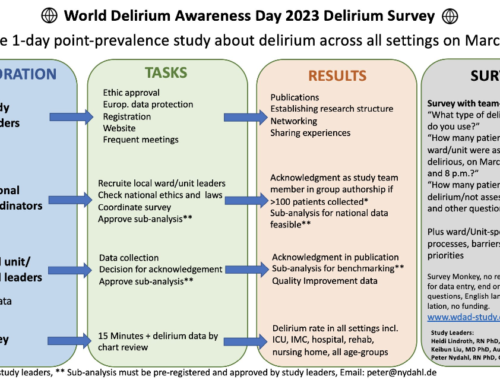
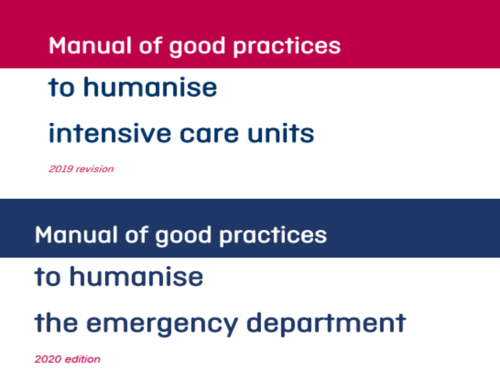
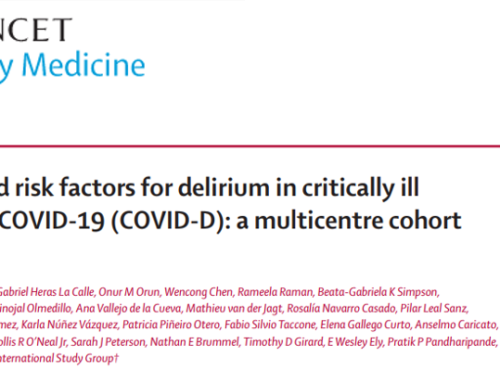
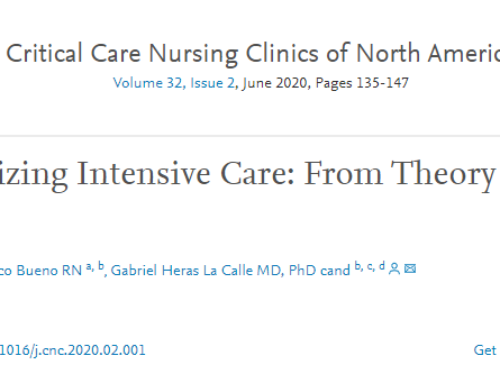
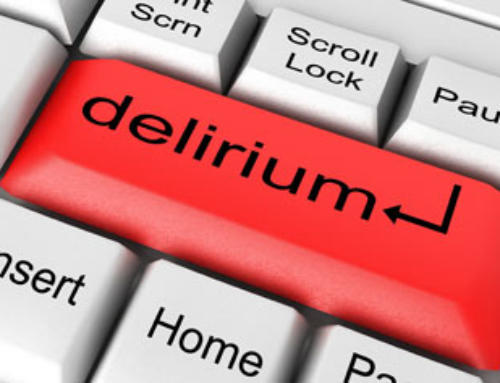
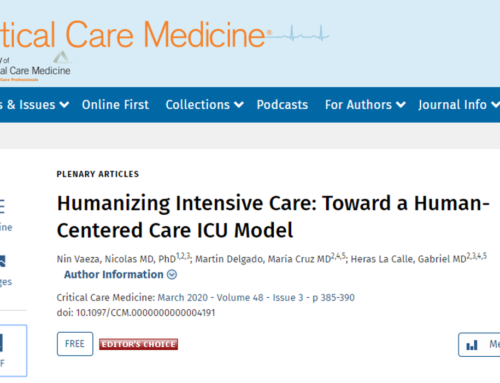
Leave A Comment